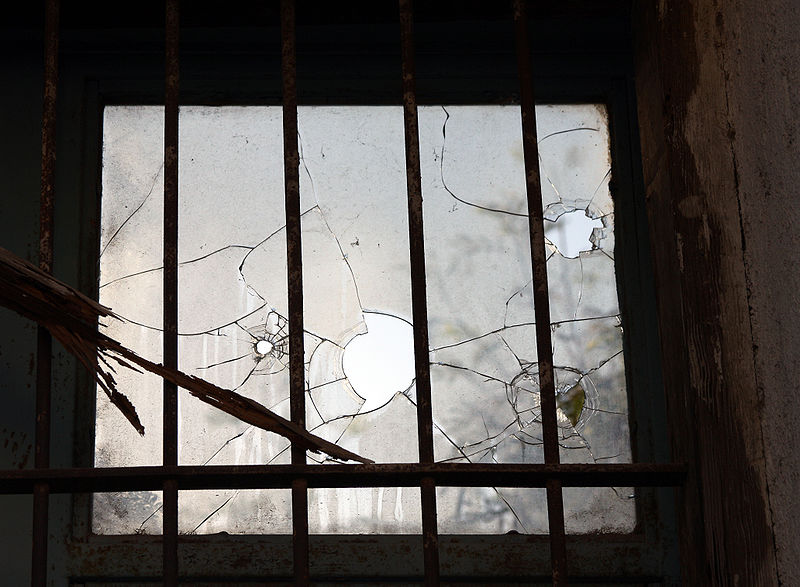Seventh Circuit Affirms Money-Laundering, Conspiracy Convictions of Car Dealers for Cash Sales to Drug Traffickers
 Amir Hosseini and Hossein Obaei, who operated three Chicago-area automobile dealerships, sold many luxury cars to drug dealers over a ten-year period. Hosseini and Obaei were apparently popular with this market segment because of their willingness to take large cash payments in small bills. Eventually, federal prosecutors caught up with them, and, following a five-week trial, they were convicted by a jury on 97 counts of conspiracy, money laundering, mail fraud, illegal transaction structuring, bank fraud, and aiding and abetting a drug conspiracy. The Seventh Circuit has now affirmed these convictions and the 15- and 20-year sentences that went along with them.
Amir Hosseini and Hossein Obaei, who operated three Chicago-area automobile dealerships, sold many luxury cars to drug dealers over a ten-year period. Hosseini and Obaei were apparently popular with this market segment because of their willingness to take large cash payments in small bills. Eventually, federal prosecutors caught up with them, and, following a five-week trial, they were convicted by a jury on 97 counts of conspiracy, money laundering, mail fraud, illegal transaction structuring, bank fraud, and aiding and abetting a drug conspiracy. The Seventh Circuit has now affirmed these convictions and the 15- and 20-year sentences that went along with them.
Had it been properly preserved, the most substantial legal issue on appeal would have been the question left open by United States v. Santos, 553 U.S. 507 (2008): whether, in a traditional money-laundering prosecution, the government must prove that the allegedly laundered proceeds are net profits, as opposed to gross receipts, of the underlying crime. (See my blog post about Santos here). However, since the Santos issue was raised for the first time on appeal, the court used plain-error review and found that the defendants could not satisfy the standard given the “unsettled state of the law.” (2)
Hosseini and Obaei also raised an interesting voir dire issue.

